Blog
This is my archive
-
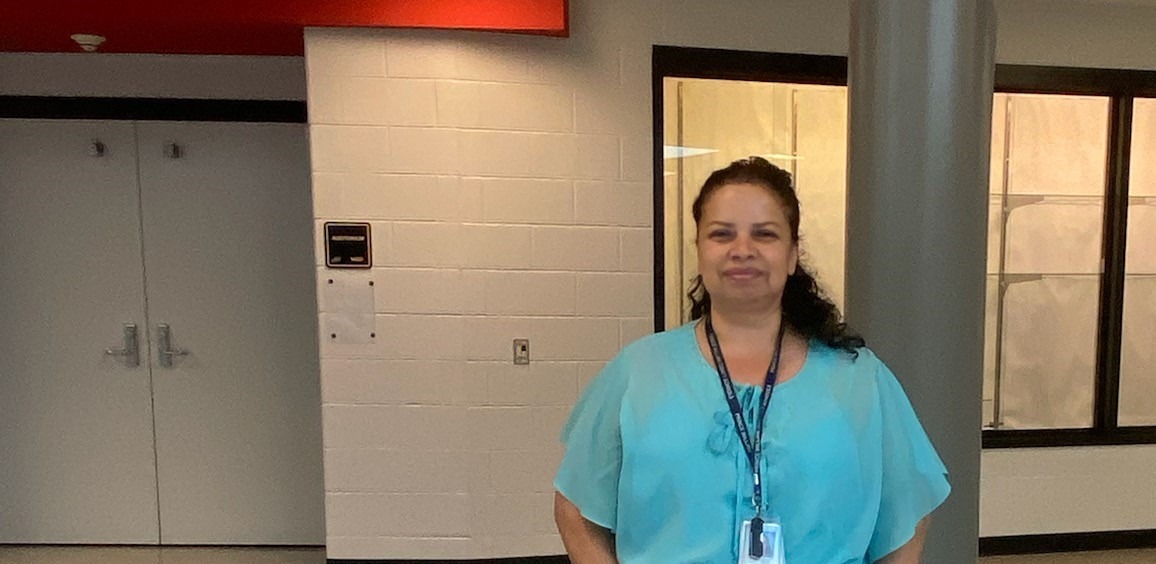 March 15, 2022
March 15, 2022Voices of Advocacy: Zulma Santos
-
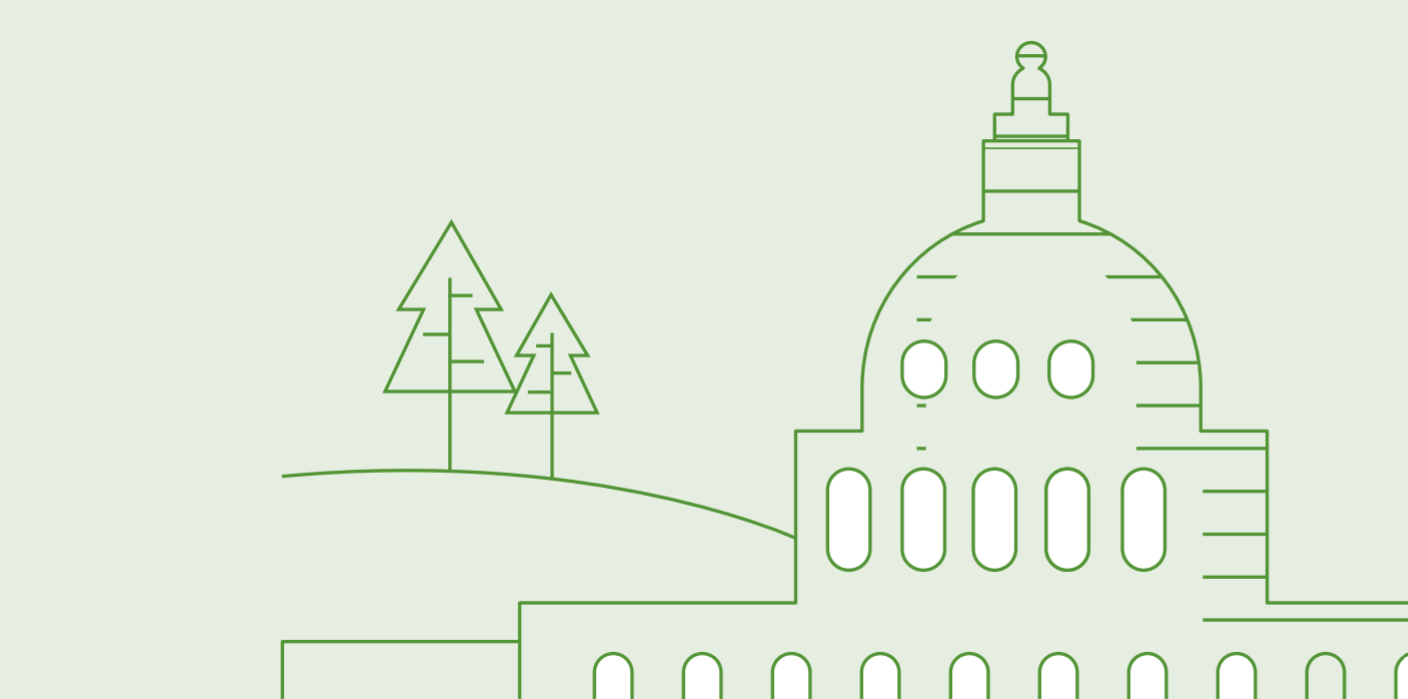 February 9, 2022
February 9, 2022More than meals: CAFB’s 2022 policy agenda
-
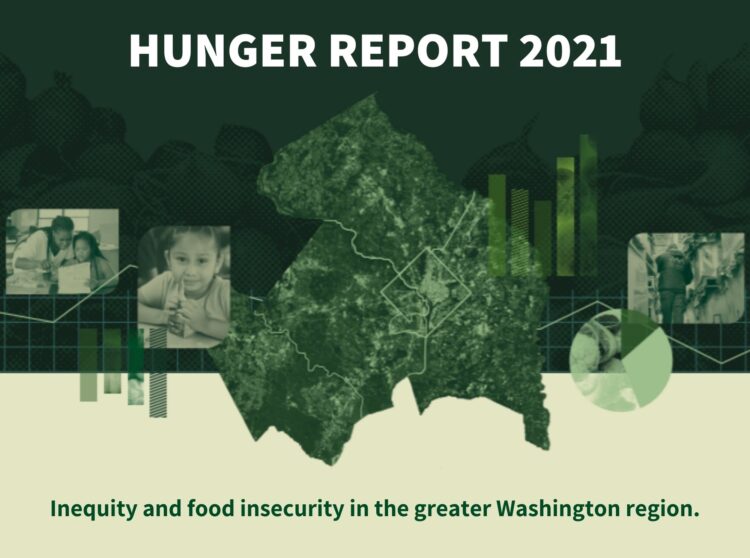 June 23, 2021
June 23, 2021Hunger Report 2021: A Closer Look at the Changing Face of Hunger
The food first bank’s first Hunger Report, released in July of 2020, sounded the alarm on a growing hunger crisis in our region as COVID-19 sent shockwaves through our economy and some areas saw food insecurity rates increase by 50% or more. Almost one year later, the food bank has issued a second report, this time diving more deeply into the faces behind those staggering numbers.
-
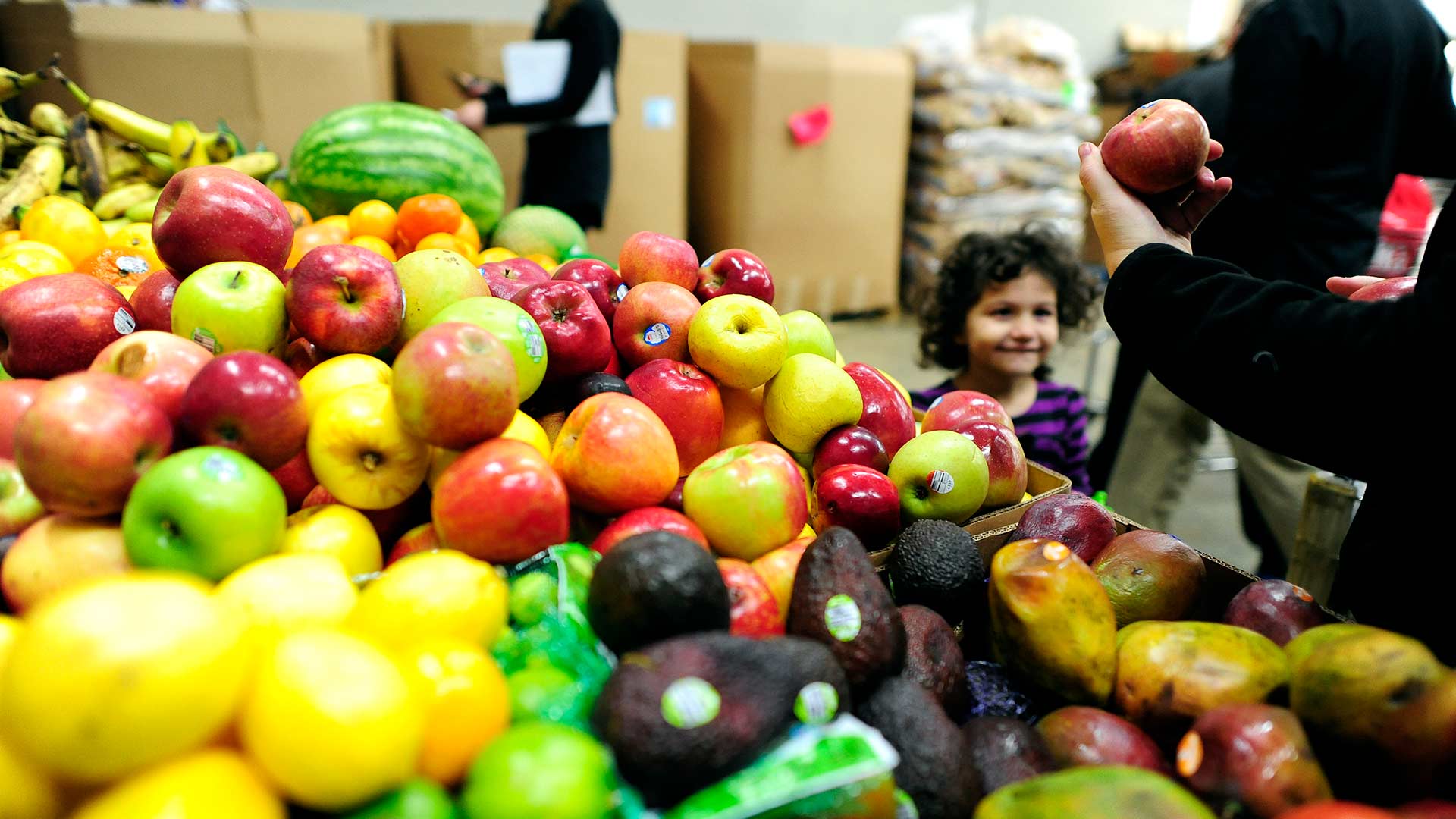 January 7, 2021
January 7, 20212020 Annual Impact Report: Respond, Recover, Rebuild
While the pandemic turned life upside down for all of us in 2020, it also showed the power of our community and renewed our deep commitment to the food bank’s most central purpose: ensuring our neighbors have the good food they need. Explore the impact made possible by our incredible community of supporters in the 2020 Annual Impact Report.
-
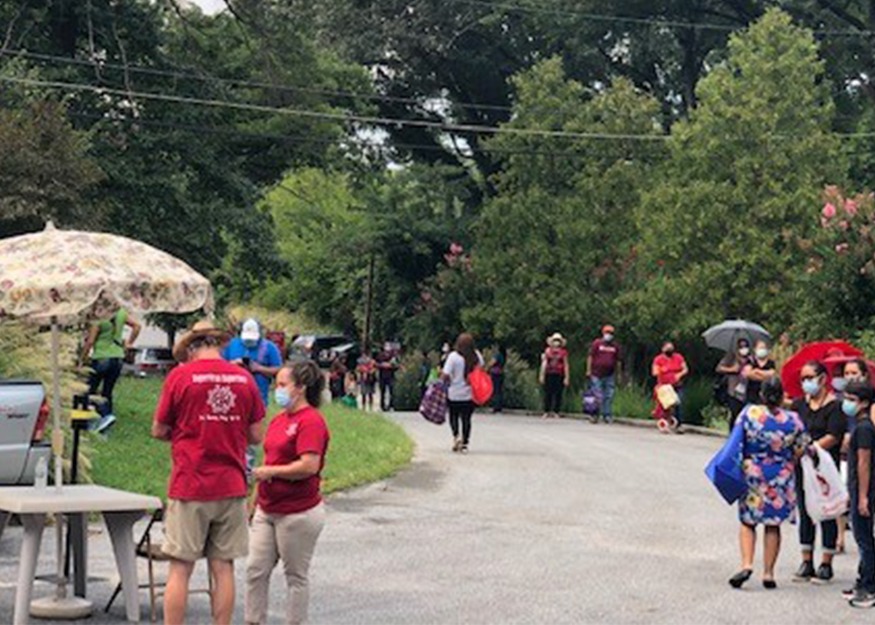 October 16, 2020
October 16, 2020“My Name Is Hunger”: Reflections of Aaron R, the CAFB’s Poet in Residence
World Food Day is a day of collective global action focused on the promotion of worldwide awareness and action for those who suffer from hunger and for the need to ensure healthy diets for all. To highlight this critical issue through the art of poetry and storytelling, the Capital Area Food Bank partnered with the UN Food and Agriculture Organization (FAO) Liaison Office for North America and Poetry X Hunger to host Virginia-based poet Aaron R as its first Poet in Residence during Hunger Action Month.
-
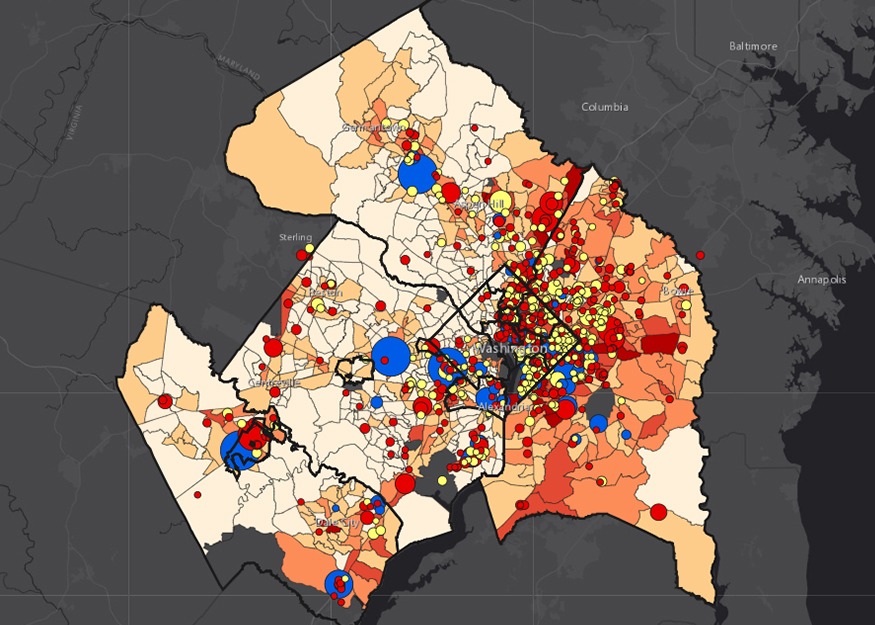 February 26, 2020
February 26, 2020CAFB Hunger Heat Map: Making An Invisible Problem More Visible
Hunger stretches across the map of our area. But in a region known for its affluence, that can be challenging to see. The CAFB's Hunger Heat Map reveals the breadth of this 'invisible problem'—and lets us know where help is most needed.
-
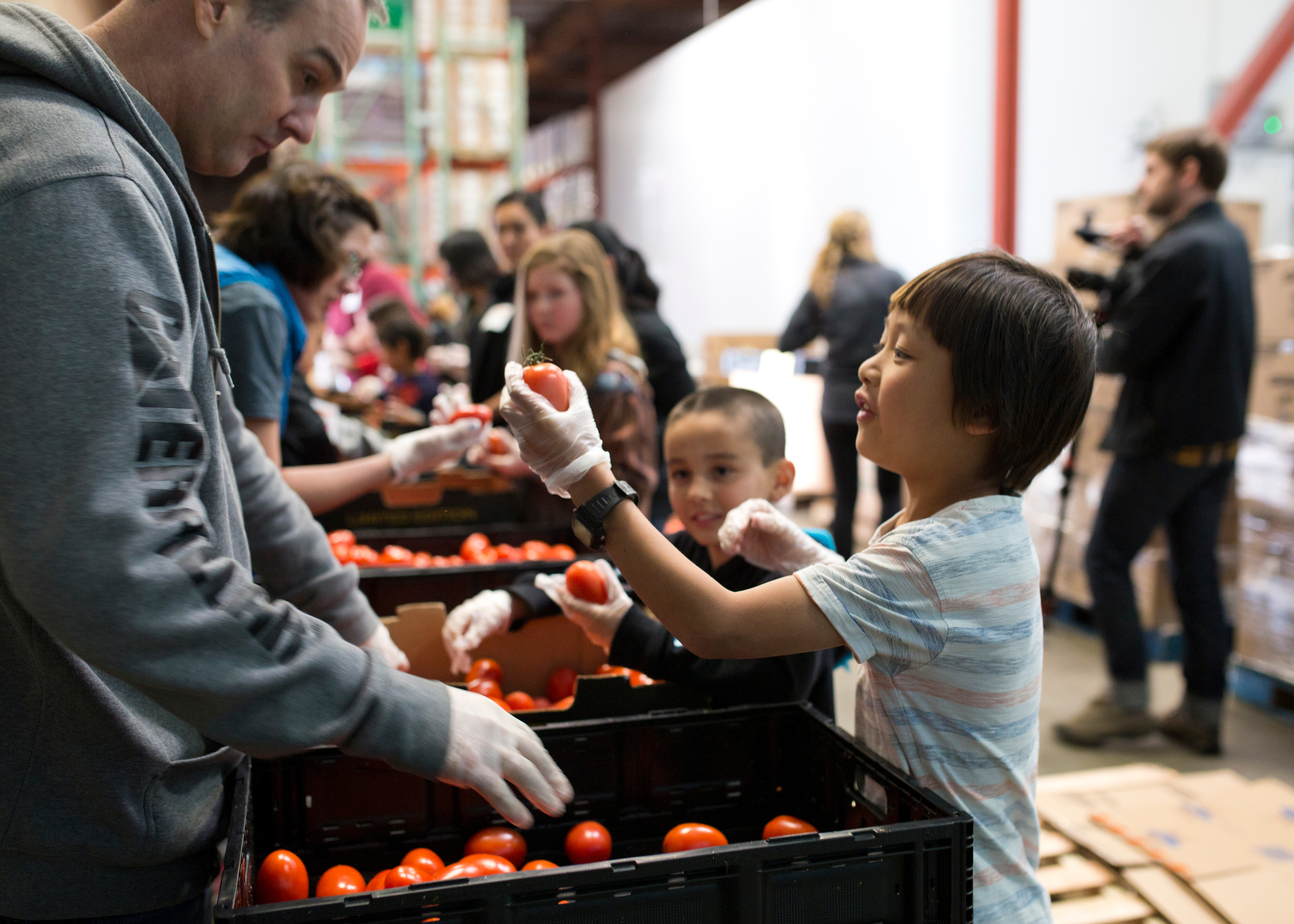 January 9, 2020
January 9, 20205 Ways We’re Moving the Needle Towards Brighter Futures
To address the root causes of hunger and inequity in our region, the CAFB is finding need new and innovative approaches. Food can be a powerful catalyst for change and for more inclusive economic growth that begins to address our region’s inequities. That's why our next stage of work will seek to harness that power.

